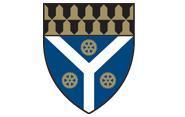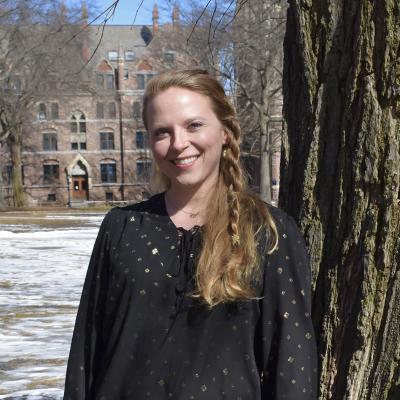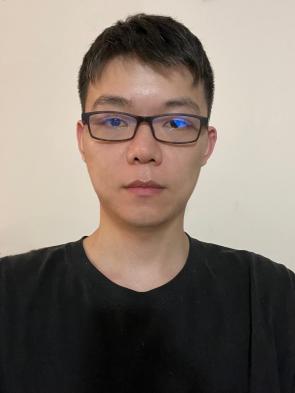Graduate Students Honored At 2022 Crest & Fest

Cassandra Porter and Juntang Zhuang were honored Tuesday by SEAS Dean Jeffrey Brock at the annual Crest & Fest celebration for their exceptional achievements in research.

The 2022 Harding Bliss Prize was awarded to Porter, who received her doctorate degree in Chemical and Environmental Engineering. Porter is co-advised by professors Menachem Elimelech and Mingjiang Zhong, and her thesis was titled “Precisely-Engineered Brush Active-Layer and Biomimetic Membranes for Aqueous Separations.”
Porter’s work involved using novel polymers and methods to create new membranes to enhance water purification. Prof. Zhong noted that she initiated the collaboration between his lab and Prof. Elimelech’s lab. In addition to several journal publications, her work has gained the attention of many within the community. She received two nationally competitive fellowships to support her PhD work: the National Science Foundation Graduate Research Fellowship and the National Water Research Institute and American Membrane Technology Association Fellowship for Membrane Research.
A talented painter and drawer, Porter applied her art skills to all her publications, producing high-impact illustrations, some of which were for the journals’ cover art. She also trained others in the lab on Adobe Illustrator.
The prize consists of an engraved silver bowl and is awarded each year to a student who has completed his or her Ph.D. thesis and "who has done most to further the intellectual life of the department."
 This year’s winner of the 2022 Henry Prentiss Becton Graduate Prize is Juntang Zhuang, from Biomedical Engineering. He is advised by Prof. James Duncan, and his thesis is “Machine Learning Methods to Estimate Whole-Brain Effective Connectome for ASD Identification.”
This year’s winner of the 2022 Henry Prentiss Becton Graduate Prize is Juntang Zhuang, from Biomedical Engineering. He is advised by Prof. James Duncan, and his thesis is “Machine Learning Methods to Estimate Whole-Brain Effective Connectome for ASD Identification.”
While Zhuang was working toward his Ph.D. degree in Biomedical Engineering, he obtained a Master's degree in Statistics & Data Science, which gave him a significant boost in his work on developing strategies for data-driven machine learning. His work has focused on predicting both the severity and likelihood of treatment outcomes from baseline functional Magnetic Resonance Imaging data.
One of his first papers aimed to predict a patient's response to an intense cognitive treatment known. His approach proved successful, and was one of the first fully automated approaches to address this particular prediction problem. He has since improved upon this by proposing a neural network/deep learning architecture that could be used further for interpretation of the network's internal decision making.
Most recently, Juntang's work turned to work that models dynamic causal relationships in brain regions for the purposes of classifying subjects with autism. This effort has already received positive responses from the machine learning and medical image analysis communities.
The Henry Prentiss Becton Graduate Prize comes with a certificate and $500.

